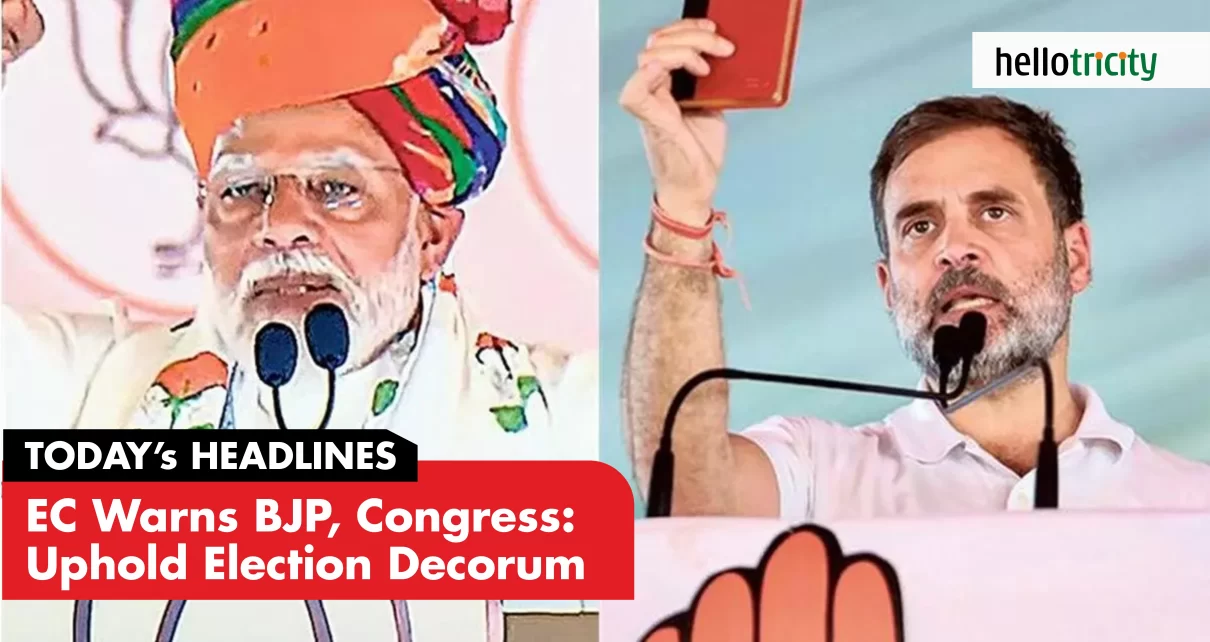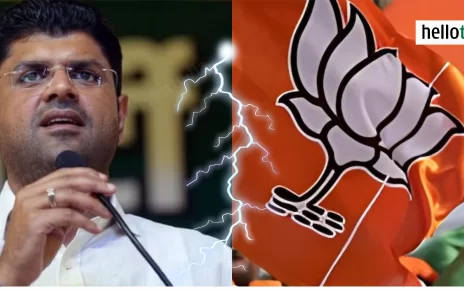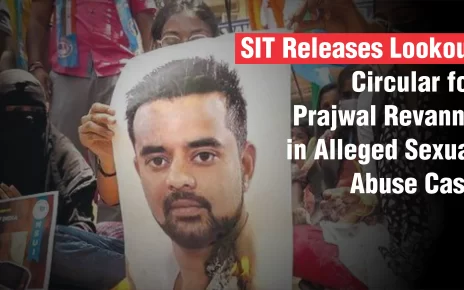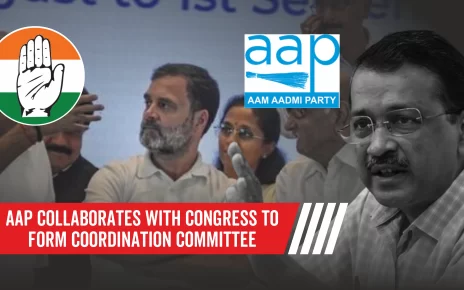The Election Commission (EC) has made clear orders to both the Indian National Congress and the Bharatiya Janata Party (BJP) to control divisive comments and preserve India’s democratic process integrity. The directive is a reply to some of its prominent campaigners’ speeches and among them are Narendra Modi (Prime Minister) and (Rahul Gandhi) that have been perceived as inciting hatred among groups of people.
The EC’s notice, sent to the respective party presidents, highlights concerns over speeches that could incite communal tensions or cast doubt on the sanctity of India’s constitutional framework. Despite notices issued earlier, both parties failed to adequately address the issue in their responses, prompting the EC to reinforce its stance on maintaining decorum during election campaigns.
Notably, the EC emphasized the need for campaign methods to align with the “composite and sensitive fabric of India,” urging the BJP to refrain from divisive rhetoric that could polarize society along religious or communal lines. Similarly, the Congress was cautioned against making statements that could create false impressions, such as suggesting the abolition or sale of the Indian Constitution.
The EC’s intervention follows a pattern of concern over repeated violations of the model code of conduct (MCC) by star campaigners from both parties. Despite extensions granted for responses to earlier notices, the offending rhetoric persisted, raising alarms about its potential long-term impact on social cohesion beyond the election period.
Also Read: Chandigarh Prepares For Dry Days Ahead Of Lok Sabha Election 2024
Specific instances cited in the complaints against the BJP included allegations related to inheritance tax, wealth redistribution, and insinuations about the removal of reservations for marginalized communities. On the other hand, the Congress faced criticism for remarks concerning the Indian Constitution and the socio-economic composition of the defense forces.
This shows that it is important for the Commission to take the lead on issues that affect the country because elections are vital when determining how the nation will be ten years from now. It prevents violations by those vying for public office concerning their utterances with guidance directed at making sure all interested parties are treated equally.
The Indian Electoral Commission is nothing less than a lifeline to trust erosion and proliferation of divisive narratives amidst the democratic complexities in India. Through advocating for oneness and honoring democratic values, the EC shows that it is dedicated to maintaining the reliability of India’s electoral process which in turn ensures the essence of democracy lives on forever.




